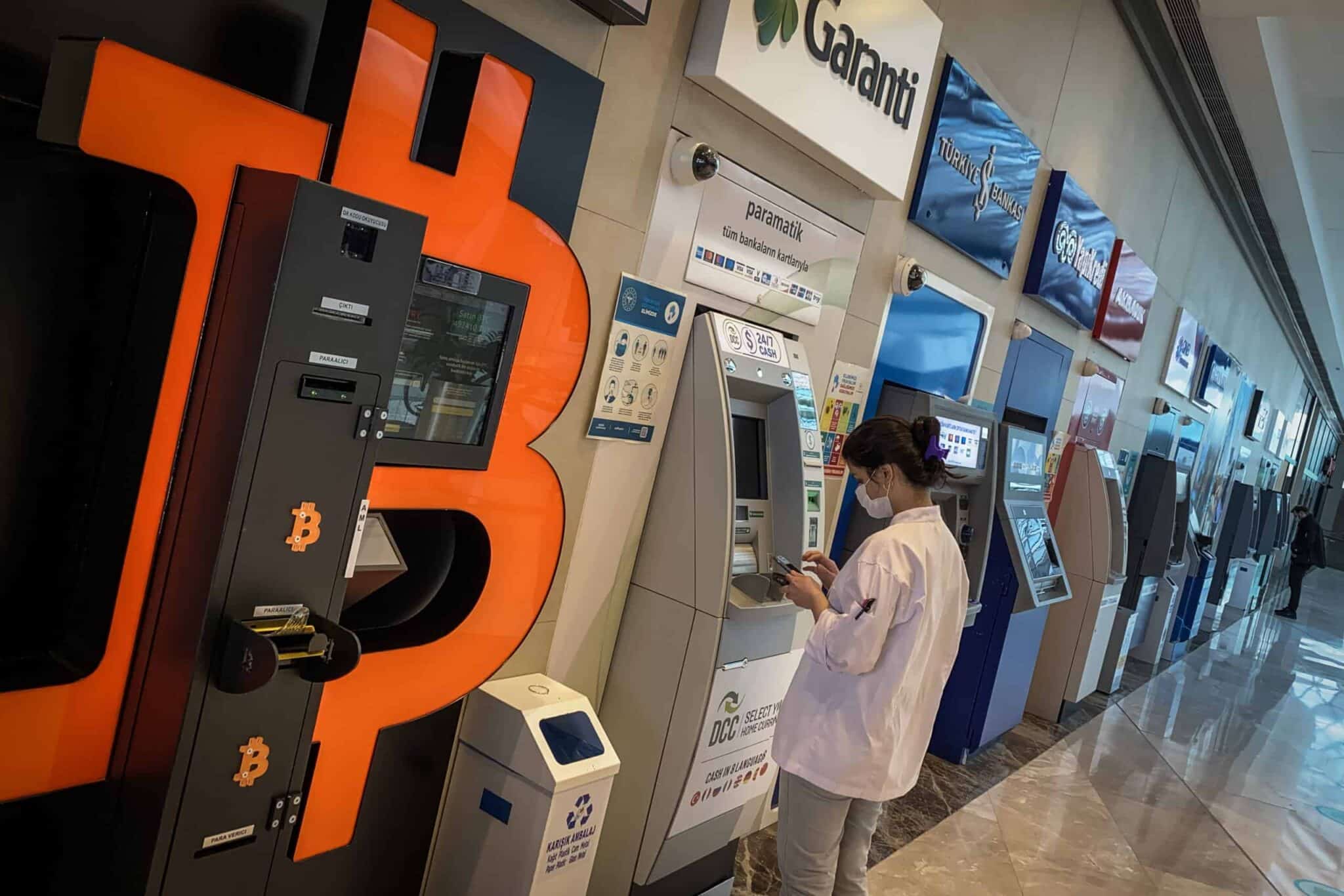
North Dakota Senate Approves New Regulations for Crypto ATMs with $2,000 Daily Limit
The North Dakota Senate has reinstated a daily transaction cap on crypto ATMs while introducing comprehensive regulations to enhance consumer protection.
The North Dakota Senate has approved a bill introducing new regulations for cryptocurrency ATMs while reinstating a daily transaction cap of $2,000 per user, a provision that had previously been removed by the state’s House.
On March 18, 2025, the Senate overwhelmingly passed House Bill 1447 in a 45-1 vote. This vote signals strong support for tighter controls on crypto ATMs to curb financial fraud.
Originally introduced on January 15, 2025, the bill aims to enhance consumer protection by imposing stricter licensing requirements and transaction limits for ATM operators.
Key Provisions In The Bill
Under the latest version of HB 1447, operators of cryptocurrency ATMs and kiosks will be required to obtain a money transmitter license to operate legally within the state. Additionally, customers will face a $2,000 daily withdrawal limit across all ATMs operated by a provider. The bill also mandates that ATMs display fraud warnings to alert users about potential scams. Initially, the bill proposed a stricter $1,000 daily transaction limit per customer. However, a House committee later amended the proposal in February, allowing customers to withdraw up to $2,000 per day, but only for their first five transactions within 30 days. The Senate has now removed the 30-day limitation, opting for a flat $2,000 cap per day.
Before it becomes law, the bill must be sent back to the House for approval of the Senate’s changes. If passed, it will head to Governor Kelly Armstrong, who will decide whether to sign it into law or veto it.
⚡️BREAKING:
NORTH DAKOTA SENATE APPROVES CRYPTO ATM REGULATIONS, REINSTATES $2K DAILY CAP PER USER pic.twitter.com/r8KqFGMBJA — Litest (@LitestApp) March 19, 2025
Beyond transaction limits, HB 1447 introduces blockchain analytics requirements for crypto ATM operators. These provisions mandate that companies monitor transactions for suspicious activity, report fraud to authorities, and submit quarterly reports detailing their ATM locations, customer transactions, and operator details.
The bill’s primary sponsor, Representative Steve Swiontek, emphasized the need for these measures during a legislative hearing on January 22, 2025. He said that the lack of regulation allowed criminals to exploit crypto ATMs.
Growing Regulatory Efforts Across US
North Dakota isn’t alone in taking steps to regulate crypto ATMs. On March 13, 2025, Nebraska Governor Jim Pillen signed a similar law, the Controllable Electronic Record Fraud Prevention Act, which also aims to prevent fraud in crypto transactions.
At the federal level, Senator Dick Durbin of Illinois introduced legislation on February 25, 2025 to regulate crypto ATMs nationwide. Durbin cited a real-life scam case in which a constituent was tricked into depositing $15,000 into a crypto ATM, believing it would prevent their arrest on fake charges.
According to a September 2023 report from the Federal Trade Commission (FTC), fraud involving Bitcoin ATMs has surged nearly tenfold since 2020. Furthermore, losses exceeding $65 million in the first half of 2024 alone have been recorded.
The report found that individuals aged 60 and older were three times more likely to be targeted by scammers through crypto ATMs. Despite rising concerns over fraud, the US remains the largest market for Bitcoin ATMs, accounting for 78% of the global market with 29,822 machines in operation. Canada ranks second with 3,486 crypto ATMs (9.2% of the global market), while Australia follows in third with 1,613 ATMs, making up 4.3% of the market.
Key Takeaways
- North Dakota Senate passed a crypto ATM bill, reinstating a $2,000 daily withdrawal cap per user.
- The bill mandates stricter regulations, requiring operators to obtain licenses, monitor transactions, and report fraud.
- Crypto ATM fraud is rising, with losses exceeding $65 million in early 2024, prompting regulatory action across the U.S.


